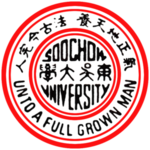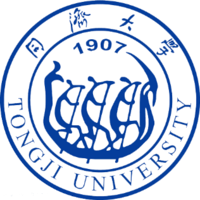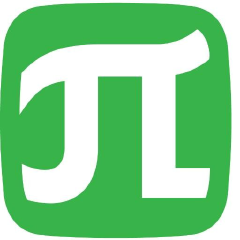Saint-Petersburg State University of Information Technology, Mechanics and Optics (ITMO)
Founded 1900 as St. Petersburg School of Craft Crown Prince Nicholas. Formerly known as St. Petersburg State Institute of Exact Mechanics and Optics (Technical University). Acquired present status 1994 and current title 2003. Is know as ITMO University.
Funding:
Public
Grades 3
Divisions 13
- Precision Mechanics and Technology Faculty
- Management Techniques Academy
- Computer Technology and Management Department/Division
- Entrepreneurship Department/Division
- Optical Information Systems and Technology Department/Division
- Photonics and Opto-Informatics Department/DivisionFields of study: Applied Physics
- Humanities Faculty
- Information and Communication Technologies Faculty
- Information Technology and Programming Faculty
- Natural Sciences Faculty
- Physics Engineering Faculty
- International Business and Law Institute
- Refrigeration and Biotechnology InstituteFields of study: Inorganic Chemistry, Metal Techniques, Heating and Refrigeration, Mechanics, Organic Chemistry, Computer Graphics, Safety Engineering, Applied Mathematics, Electrical and Electronic Engineering, Ecology, Environmental Management, Microbiology, Food Science, Food Technology, Automation and Control Engineering, Biochemistry, Biotechnology, Cultural Studies, Business and Commerce, Modern Languages, Philosophy, Physical Education, Physics, History, Chemistry, Mathematics, Computer Science, Economics
Short online courses 80
- 3D modeling
- 3D rendering
- A Subjective Introduction to the IoT
- Additive technologies and 3D printing
- Advanced Machine Learning
- Analytical Mechanics Models and Methods
- Application of ISO 14001 for Waste Prevention
- Applied Artificial Intelligence
- Applied statistics
- Artificial Intelligence Techniques in Cybersecurity
- Basics of Interchangeability
- Big data processing and analysis
- Biometrics and Neurotechnology
- CAD software
- Computer engineering graphics. Part 1
- Computer engineering graphics. Part 2
- Computer-aided design systems
- Control of mechatronic and robotic systems
- Creation of a technology business
- Creative entrepreneurship and innovation design
- Data Management, Data Security and Robot Operating System as a Common Tool for IoT
- Data Storage and Processing
- Data storage and processing
- Development of Android applications for mobile devices
- Development of modern mobile applications in the Kotlin language
- Differential Equations
- Electric cars
- Elements of automatic control systems
- Elements of statistical data processing
- Embedded systems
- Entrepreneurship Psychology
- Entrepreneurship in Creative Industries
- Functional programming: basic course
- Fundamentals of Android Mobile Application Programming
- Fundamentals of Computer Design
- Fuzzy sets
- Geometric optics
- How to Win Coding Competitions: Secrets of Champions
- How to launch your Digital Humanities project? From idea to commercialization
- Infocommunication protocols
- Informatics for technical colleges
- Information Modeling Systems
- Information Security
- Innovative Economy and Technological Entrepreneurship
- Introduction to Functional Programming in Common Lisp
- Introduction to Machine Learning
- Introduction to digital culture
- Introduction to machine learning
- Introduction to the Internet of Things
- IoT Networking and Fog Layer Devices
- Kotlin programming basics
- Laser technology
- Legal Basis of Intellectual Property
- Legal basis for urban planning
- Life navigation
- Linear automatic control systems
- Linear electrical circuits
- Machine Learning and Data Analysis
- Management Basics
- Methods and algorithms of graph theory
- Methods for processing navigation measurement information
- Mobile and Converged Network Protocols
- Modeling business processes of an innovative enterprise
- Modern energy technologies: the balance of the four elements
- Nanocomposites for Photonics
- Nanomaterials in Biotechnology and Bioengineering
- Physical optics
- Plasmonics: From Fundamentals to Modern Applications
- Primary data processing and storage
- Programming algorithms and data structures
- Rapid development of web applications in Java and Google AppEngine (fullstack)
- Rheology
- Server-side web technologies and content management systems
- Software methods and tools
- Statistical Methods in Innovation Management
- Theory of mechanisms and machines
- Unity Game Development Fundamentals
- Web Application Programming and Development
- Web application programming and development. Part 2
- Web programming


